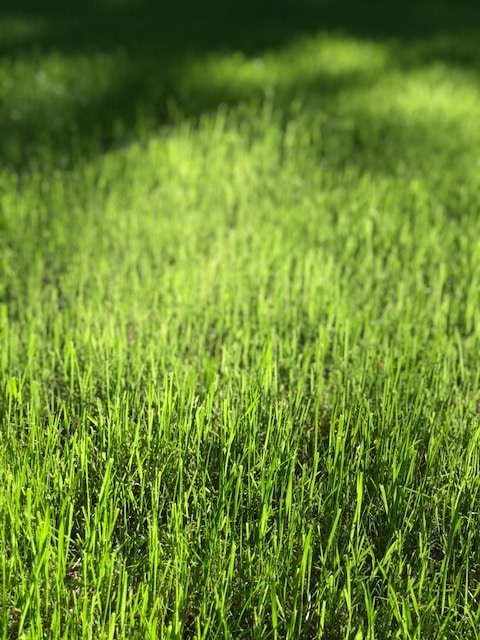Lawn Care – Best Practices
 Proper Lawn Care Practices
Proper Lawn Care Practices
Proper lawn care practices are essential for avoiding pest or other stress-related issues, as well as for maintaining a healthy overall lawn and landscape.
Proper lawn care includes correct cultural practices such as mowing and watering, in addition to a sound fertilization program. Below are a few areas in which the homeowner can enhance the efficacy of their fertilizer program, which will yield the best overall turf possible.
Mowing
Proper mowing practices are necessary to keep any lawn healthy and attractive. Generally speaking, the standard St. Augustine grass cultivars should be maintained at a height of 3.5–4 inches. Frequently cutting below 3.5-4 inches in height increases the stress on the lawn and discourages deep rooting. Deep rooting leads to overall healthier turfgrass. Cutting below 3.5-4 inches also increases the chance for scalping if a mowing event is missed or delayed due to weather and may increase susceptibility to pest problems. Another good rule of thumb with mowing is to never remove more than 1/3 of the total grass height at one time.
A healthy lawn requires more than just fertilizer and herbicides.
Watering
This is the most critical component of good turf care. Without proper watering by homeowners, fertilization programs are severely handicapped. Lawn grasses require ¾” of water twice per week in the summer, and once per week in the winter to maintain their health and vigor. Watering should be infrequent and deep to promote a deep root system and overall healthy turfgrass. Watering during hours when the turf can utilize as much of the water as possible is also very important for proper lawn care. Learn more about best lawn care practices.
Generally speaking, watering should occur after 10 pm and be finished before 7 am. In the summer, this allows the water to penetrate into the soil without being dried up. In the winter, this applies water when the grass is already wet from the dew, which reduces the spread of the fungus.
By utilizing these lawn care tips in addition to a sound fertilization program, you will benefit the overall health and quality of the lawn care while reducing its vulnerability to numerous stresses, including weeds, insects, and disease.
We are happy to help with all the services you need. Contact us today for a free consultation or request a quote.




